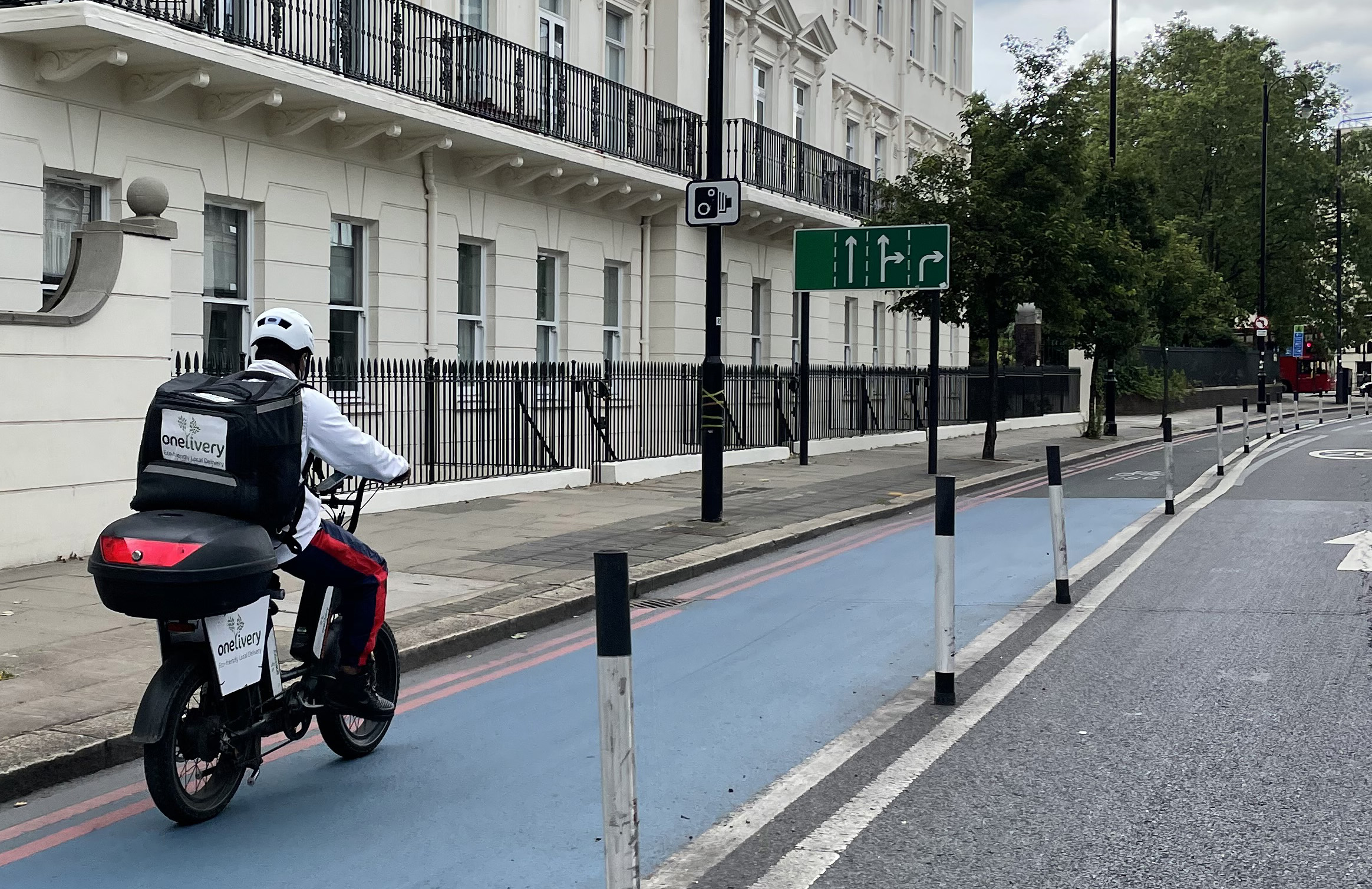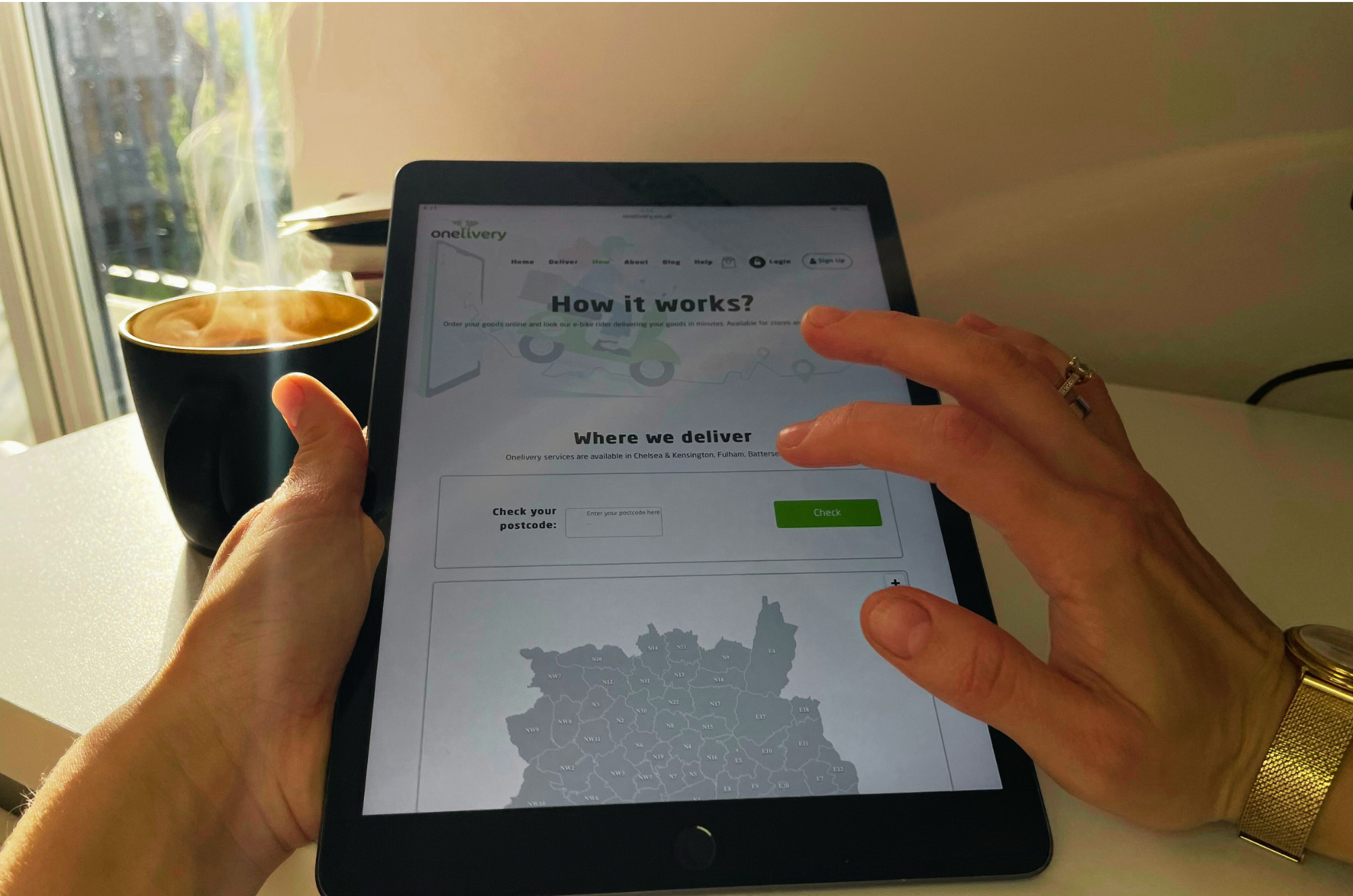London, a bustling metropolis, is at the forefront of technological innovation. One area where this is particularly evident is in the realm of delivery services. As the city continues to grow and the demands of its residents increase, the integration of delivery services with smart city technology is becoming increasingly crucial.
The Challenges of Urban Delivery
Deliveries in a city like London face numerous challenges. Traffic congestion, limited parking spaces, and the sheer volume of packages can make it difficult for delivery drivers to navigate the streets efficiently. Additionally, the environmental impact of traditional delivery methods cannot be ignored.
The Power of Smart City Technology
Smart city technology offers a solution to these challenges. By leveraging data analytics, IoT devices, and advanced algorithms, cities can optimise delivery routes, improve efficiency, and reduce their environmental footprint.

Key Applications of Smart City Technology in Delivery Services
Optimised Delivery Routes: Smart city platforms can analyse real-time traffic data, weather conditions, and other factors to determine the most efficient routes for deliveries. This not only reduces travel time but also helps to minimise congestion.
Autonomous Vehicles: Self-driving vehicles have the potential to revolutionise the delivery industry. These vehicles can operate 24/7, reducing the need for human drivers and improving efficiency.
Drone Deliveries: Drones can be used to deliver smaller packages, especially in areas with limited access or high traffic congestion. This can be particularly useful for last-mile deliveries.
Smart Locker Systems: Smart lockers can be installed in various locations throughout the city, allowing customers to receive their packages at a convenient time. This eliminates the need for home deliveries and reduces the risk of theft.
The Benefits of Smart City Integration
The integration of delivery services with smart city technology offers numerous benefits, including:
Improved Efficiency: By optimising routes and reducing travel time, smart city technology can significantly improve the efficiency of delivery operations.
Reduced Congestion: By minimising the number of delivery vehicles on the road, smart city technology can help to alleviate traffic congestion.
Environmental Benefits: The use of electric vehicles, drones, and optimised routes can help to reduce the environmental impact of delivery services.
Enhanced Customer Experience: Smart city technology can improve the customer experience by providing more convenient delivery options and real-time tracking.
As London continues to evolve as a smart city, the integration of delivery services with advanced technology will play a vital role in shaping its future. By embracing innovation, the city can create a more efficient, sustainable, and convenient delivery system for its residents and businesses.









